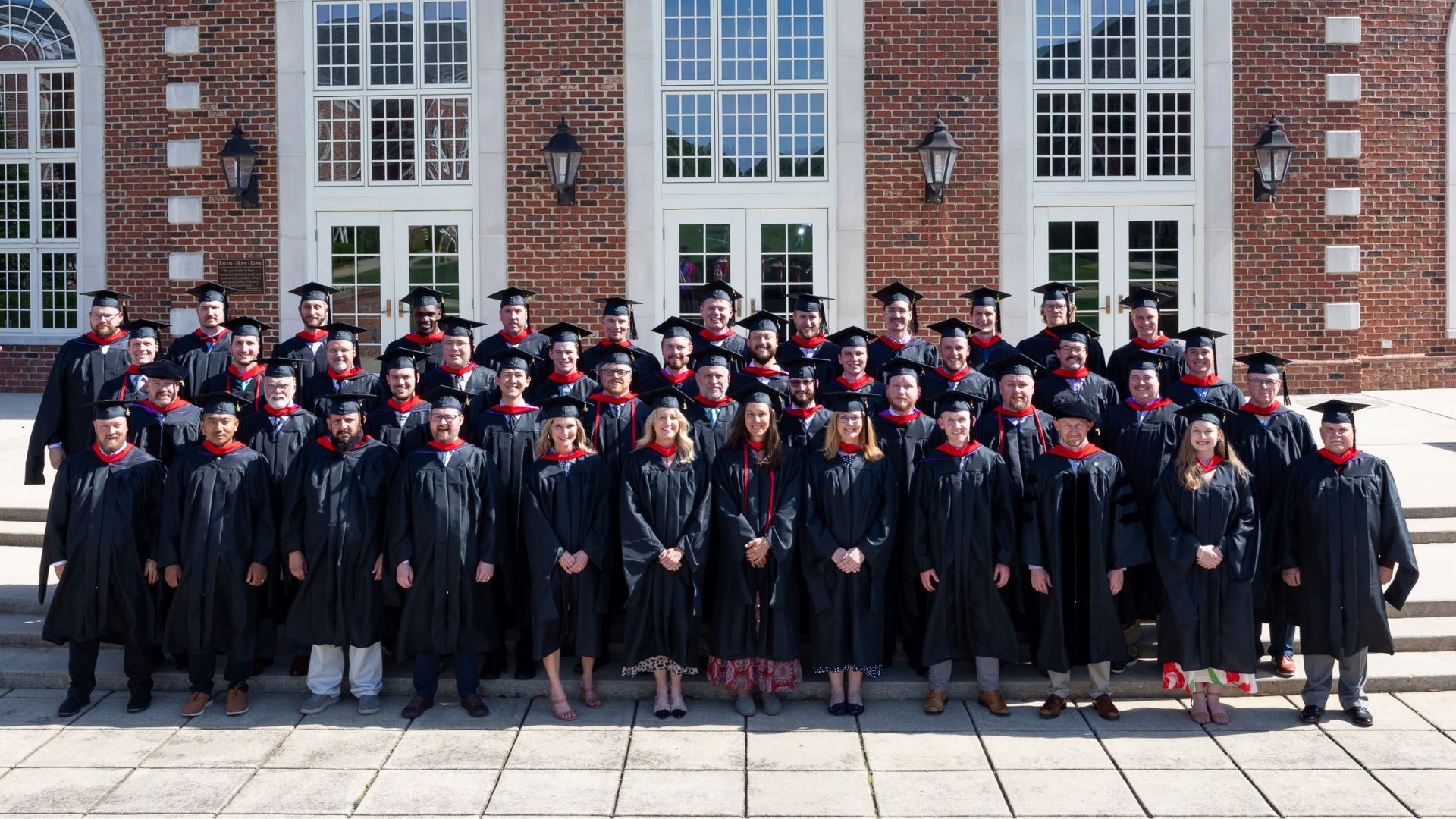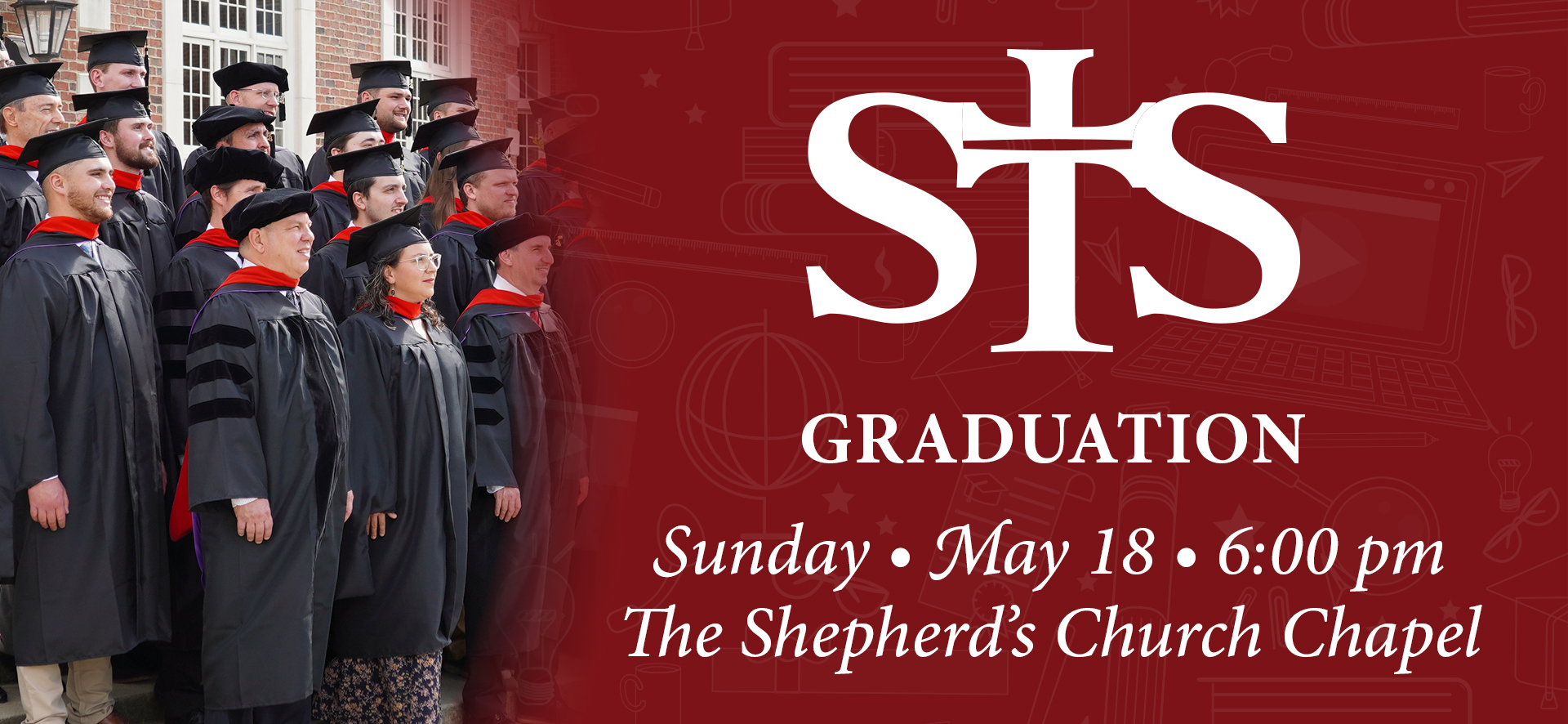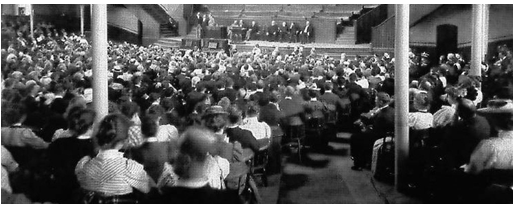My name is Caleb Cruse. I am pursuing a Master of Divinity at the Cary, NC, campus of Shepherds Theological Seminary. My desire is to connect people with the transforming power of the gospel through pastoral ministry.
On one of the most impactful days of the Israel tour, we were led by a local archaeologist to visit a variety of ancient archeological sites in Israel including Sychar, Shechem, Shiloh, Bethel, and Ai. Each of these cities is found in Scripture. Visiting them has allowed me to have a greater understanding of the passages in which they’re found.
Shechem is where God called Abraham in Genesis 12. Jacob is also mentioned arriving in Shechem in Genesis 33. Perhaps most significant about Shechem is that it is the location where Joshua made a covenant with the people after they committed to putting away their false idols and serving Yahweh from that point forward. Joshua 24:27 (ESV) says, “And Joshua said to all the people, ‘Behold, this stone shall be a witness against us, for it has heard all the words of the Lord that he spoke to us. Therefore it shall be a witness against you, lest you deal falsely with your God.’” A portion of that stone is preserved at Shechem!
As made clear in Scripture, Bethel and Ai border each other. Residents from these cities even fought battles together on occasion. A city that was thought to be Bethel was excavated before the major world wars of the 1900s by the famous archeologist William Foxwell Albright. Our guide examined Albright’s finds and discovered that he did, in fact, find the ancient city of Bethel. To uncover Ai, archeologists did not have to trek far. The ancient city’s pagan temple was discovered under a 24-foot high pile of stones nearby. This is fascinating since Scripture tells us that Ai was burned by Joshua and left under a pile of stones!
Perhaps my favorite stop of the day was in Sychar, in the region of Samaria. At Sychar is Jacob’s well. The 120-foot deep well is still intact and is now in the basement of a church building. You may remember this well from John 4 where the famous conversation between Jesus and the woman at the well is recorded. In their conversation, Jesus gives one of his clearest claims of Messiahship when he said in verse 26, “I who speak to you am he.” According to our guide, this is one of the contemporary spots in Israel where we can say with certainty that Jesus was here! How do we know? Just like today, people then did not forget significant events. Christians have lived in this area for centuries and remembered where certain significant events took place. This was one of the reasons an early church was built on top of the well. It’s amazing to stand in the same place where Jesus stood!
This trip and tour of the Holy Land has tremendously impacted my ability to defend the Bible’s accuracy. Can it be trusted? Are its historical records reliable? The answer is a decisive “Yes!” Praise God for a greater confidence in the inerrancy of His Word.








